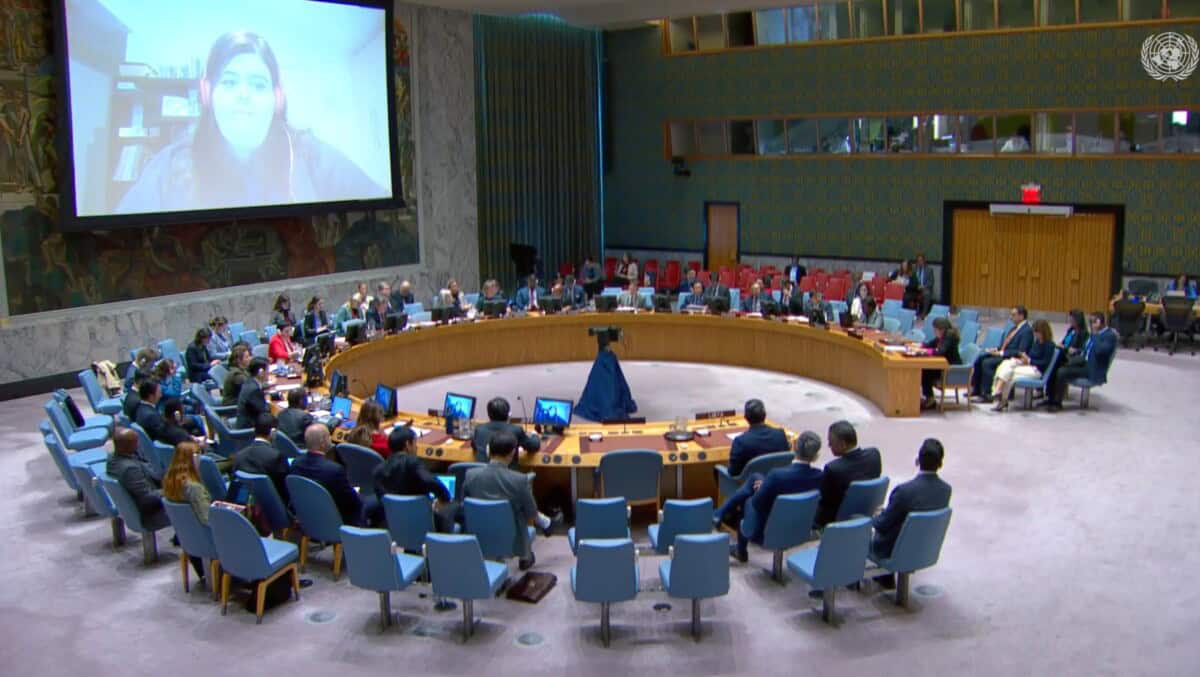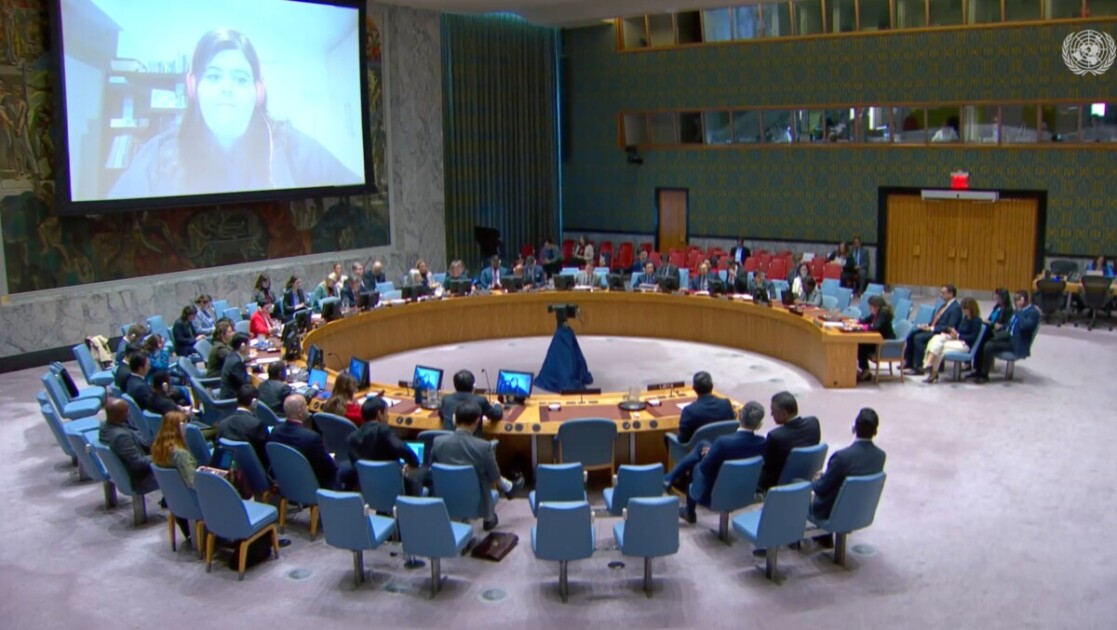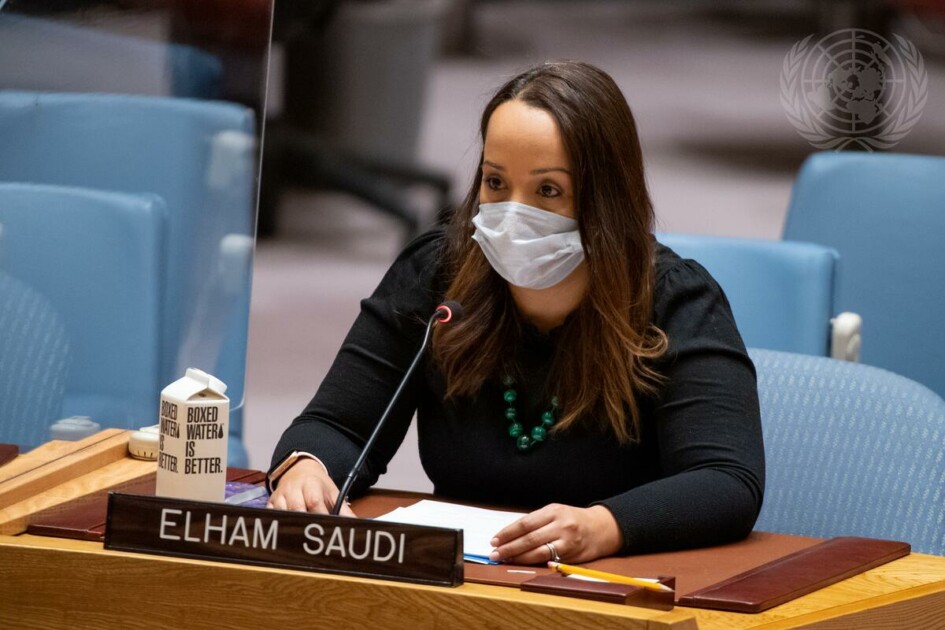Libya
Libya
Years after the deposition of dictator Moammar Gadhafi as part of the Arab Spring, Libya remains in a deteriorating security situation that is especially volatile for women. Sexual and gender-based violence during the war, including mass rape, has yet to be investigated, and women’s rights have continued to decline as different Islamic groups strive to curtail freedoms throughout the country. Violence against women remains common, but reporting remains low; like political and civic participation, reporting and activism by women remains deterred due to threats of violence or death.
Since 2011, Libya has passed new laws which discriminate against women, including the legalization of polygamy and quota reductions for women’s representation in Parliament. Although a party to the Convention on the Elimination of All Forms of Discrimination against Women (CEDAW), Libya does not have a National Action Plan per resolution 1325 (2000).
Due to the high rates of discrimination, exclusion and violence faced by women in Libya, the NGOWG advocates for the Security Council to continue supporting the United Nations Support Mission in Libya (UNSMIL) to include women as full and equal partners in supporting the transition of power to the Government of National Accord, which has struggled to establish legitimacy and control. Without the inclusion of women, the new government will face greater challenges to creating sustainable peace in Libya and continue exposing Libyan women to extreme risk of violence.
Current and Past Recommendations to the UN Security Council (Monthly Action Points)
The Council is expected to continue discussing the situation in Libya, considering a report of the Secretary-General following the extension of the mandate of the UN Support Mission in Libya (UNSMIL) in December 2011. There are ongoing concerns about the safety and security of Libyan women, particularly ethnic Libyans and Sub-Saharan women. These groups face harassment, intimidation, and threats of sexual violence. UNSMIL and human rights organizations have also reported on women held in detention in the absence of female guards and under male supervision, and of children detained alongside adults. Women detainees have highlighted the absence of formal investigations and charges, and the lack of information on the reason for their detention. In its ongoing discussions regarding Libya, the Council should:
- Urge continued attention to the situation of women who have been displaced, including from Sub-Saharan Africa; and of women among the estimated 7,000 detainees under the control of revolutionary brigades;
- Support the National Transitional Council (NTC) in ensuring clear procedures for policing, arrests, prosecution, and detention;
- Give strong support for women’s rights in the new constitution, and in the development of new, democratic political institutions, and to measures to increase women’s political participation;
- Hold the NTC accountable for respecting international law and for addressing the ongoing protection concerns faced by Libyan and sub-Saharan women and girls;
- Urge the NTC to hold accountable perpetrators of violence against women and girls; and
- As the mandate of UNSMIL continues to be discussed, the Council should ensure that UNSMIL has the necessary political support to independently report on human rights violations against Libyan and Sub-Saharan women.
The Council is expected to continue discussing the situation in Libya, considering a report of the Secretary-General following the extension of the mandate of the UN Support Mission in Libya (UNSMIL) in December 2011. There are ongoing concerns about the safety and security of Libyan women, particularly ethnic Libyans and Sub-Saharan women. These groups face harassment, intimidation, and threats of sexual violence. UNSMIL and human rights organizations have also reported on women held in detention in the absence of female guards and under male supervision, and of children detained alongside adults. Women detainees have highlighted the absence of formal investigations and charges, and the lack of information on the reason for their detention. In its ongoing discussions regarding Libya, the Council should:
- Urge continued attention to the situation of women who have been displaced, including from Sub-Saharan Africa; and of women among the estimated 7,000 detainees under the control of revolutionary brigades;
- Support the National Transitional Council (NTC) in ensuring clear procedures for policing, arrests, prosecution, and detention;
- Give strong support for women’s rights in the new constitution, and in the development of new, democratic political institutions, and to measures to increase women’s political participation;
- Hold the NTC accountable for respecting international law and for addressing the ongoing protection concerns faced by Libyan and sub-Saharan women and girls;
- Urge the NTC to hold accountable perpetrators of violence against women and girls; and
- As the mandate of UNSMIL continues to be discussed, the Council should ensure that UNSMIL has the necessary political support to independently report on human rights violations against Libyan and Sub-Saharan women.
Relevant Resources






